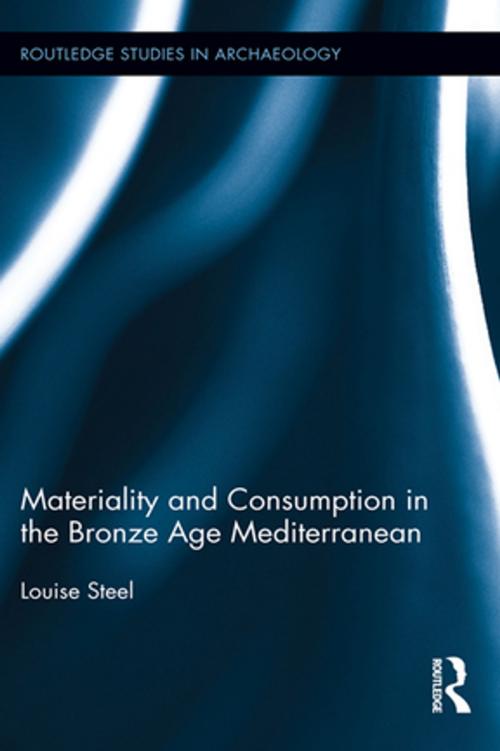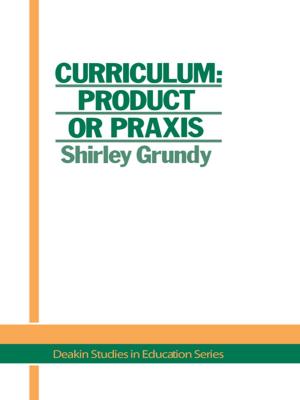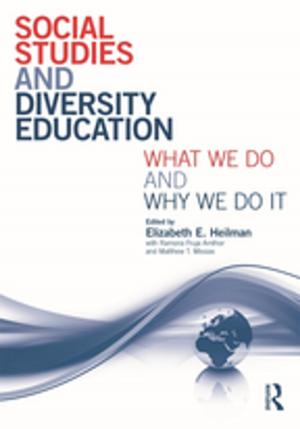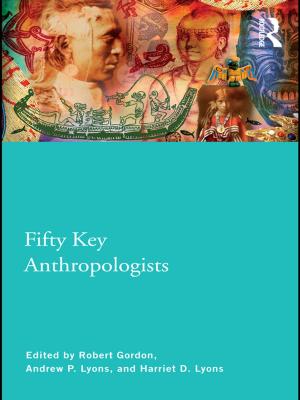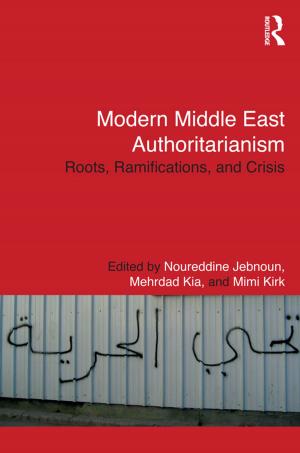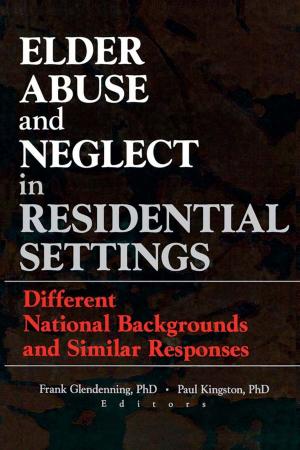Materiality and Consumption in the Bronze Age Mediterranean
Nonfiction, History, Ancient History, Greece, Rome| Author: | Louise Steel | ISBN: | 9781136274817 |
| Publisher: | Taylor and Francis | Publication: | March 5, 2013 |
| Imprint: | Routledge | Language: | English |
| Author: | Louise Steel |
| ISBN: | 9781136274817 |
| Publisher: | Taylor and Francis |
| Publication: | March 5, 2013 |
| Imprint: | Routledge |
| Language: | English |
The importance of cultural contacts in the East Mediterranean has long been recognized and is the focus of ongoing international research. Fieldwork in the Aegean, Egypt, Cyprus, and the Levant continues to add to our understanding of the nature of this contact and its social and economic significance, particularly to the cultures of the Aegean. Despite sophisticated discussion of the archaeological evidence, in particular on the part of Aegean and Mediterranean archaeologists, there has been little systematic attempt to incorporate anthropological perspectives on materiality and exchange into archaeological narratives of this material. This book addresses that gap and integrates anthropological discourse on contact, examining exchange systems, the gift, notions of geographical distance and power, colonization, and hybridization. Furthermore, it develops a social narrative of culture contact in the Mediterranean context, illustrating the reasons communities chose to engage in international exchange, and how this impacted the construction of identities throughout the region.
While traditional archaeologies in the East Mediterranean have tended to be reductive in their approach to material culture and how it was produced, used, and exchanged, this book reviews current research on material culture, focusing on issues such as the biography of objects, inalienable possessions, and hybridization – exploring how these issues can further illuminate the material world of the communities of the Bronze Age Mediterranean.
The importance of cultural contacts in the East Mediterranean has long been recognized and is the focus of ongoing international research. Fieldwork in the Aegean, Egypt, Cyprus, and the Levant continues to add to our understanding of the nature of this contact and its social and economic significance, particularly to the cultures of the Aegean. Despite sophisticated discussion of the archaeological evidence, in particular on the part of Aegean and Mediterranean archaeologists, there has been little systematic attempt to incorporate anthropological perspectives on materiality and exchange into archaeological narratives of this material. This book addresses that gap and integrates anthropological discourse on contact, examining exchange systems, the gift, notions of geographical distance and power, colonization, and hybridization. Furthermore, it develops a social narrative of culture contact in the Mediterranean context, illustrating the reasons communities chose to engage in international exchange, and how this impacted the construction of identities throughout the region.
While traditional archaeologies in the East Mediterranean have tended to be reductive in their approach to material culture and how it was produced, used, and exchanged, this book reviews current research on material culture, focusing on issues such as the biography of objects, inalienable possessions, and hybridization – exploring how these issues can further illuminate the material world of the communities of the Bronze Age Mediterranean.
